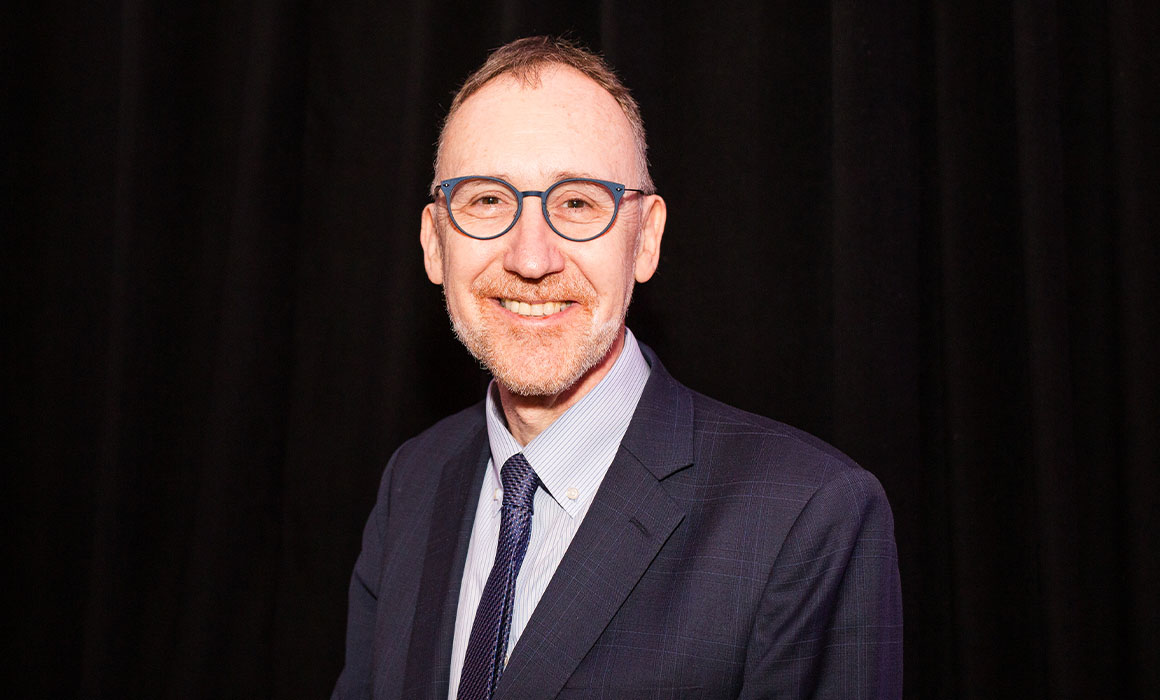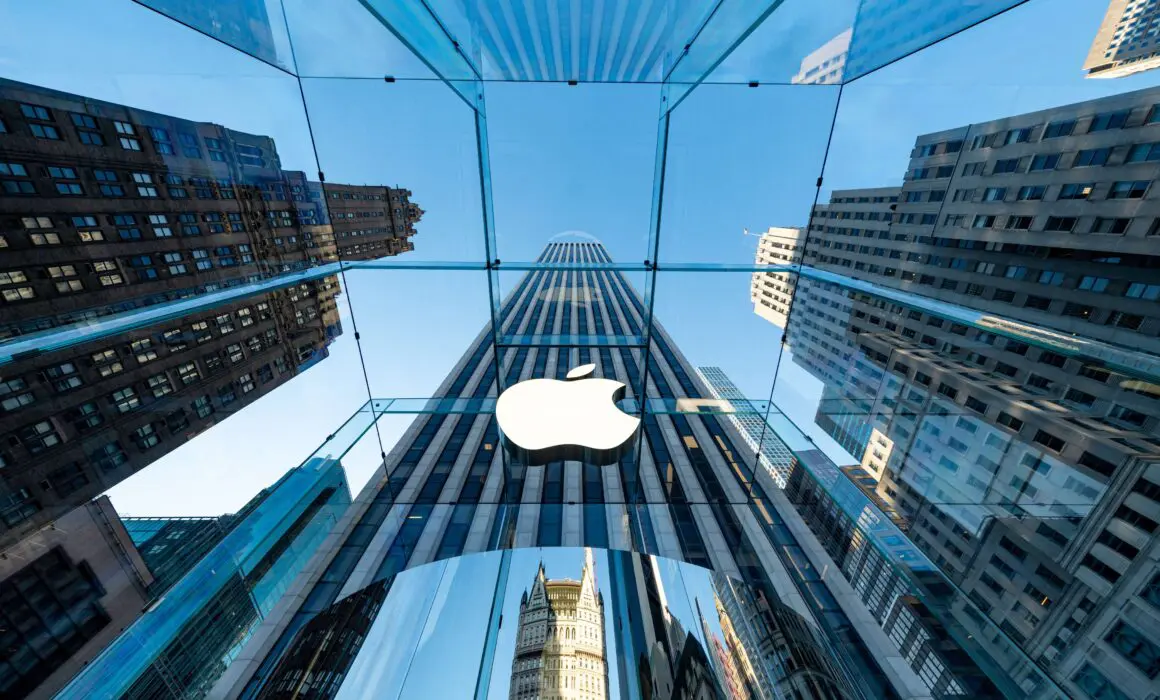Rethinking the Learning Experience

While institutions around the world are pondering how to adjust their teaching models to current and future needs, the Technion is one step ahead of the game. It is already deep in the process of implementing systemic changes in both curricula and the way students will learn inside and outside of the classroom.
Academia had been rapidly transforming on many fronts: scientific, technological, economic, and social. Then the COVID-19 pandemic accelerated these changes, sparking a worldwide overnight shift to digital learning. Realizing that the Technion must redefine its approach to stay relevant and remain a leader in science and technology, the University devised a broad strategy to update its teaching and learning processes.
“The last two and a half years have been challenging,” Technion President Uri Sivan told American Technion Society supporters earlier this year. But with these challenges, come opportunities. “We are taking advantage of these years to craft a strategic plan for the Technion for the coming decade.”
In March 2021, the Technion established the Steering Committee for Innovation and Entrepreneurship in Undergraduate Studies under the leadership of Professor Hossam Haick, dean of Undergraduate Studies. The university also bolstered its Center for Promotion of Learning and Teaching, headed by Dr. Olga Chuntonov.
The Center launched a pilot program embedding education specialists in faculties matching their expertise to work with Technion professors in modernizing curricula and teaching. “Until now, faculty members interested in upgrading their teaching methods had to consult the Center voluntarily,” said Associate Professor Ido Roll of the Faculty of Education in Science and Technology. “Now, the education specialists proactively act within the faculties and bring the needed resources and skills to train lecturers, develop new content, and embed digital components in the curriculum,” he explained. “All the deans are very enthusiastic.” The program will be evaluated in a year and hopefully expanded to include more faculties.
The Center is also implementing pilot programs to test new approaches to teacher evaluations. In one, students are tested six months after completing a course to see what they remember. A second program uses a digital platform to gauge students’ understanding every half hour during a lecture.
Reaching a Digital Equilibrium
As one might imagine, the greatest challenge to emerge from the pandemic is finding the balance between in-person and virtual learning. Why go to class if academic lectures are widely available online?
“Students may prefer Zoom, but face-to-face classes are critically important,” said Prof. Haick. His vision, as head of the steering committee in undergraduate studies, is for large introductory courses to include online components such as virtual labs and interactive assignments, whereas advanced courses will combine digital technologies with in-person, student/professor interaction.
One of the models of blended learning gaining traction at the Technion is the “flipped classroom.” In a reversal of traditional teaching, students first learn the course material at home online before meeting in the classroom to discuss the material. The Technion is also encouraging professors to develop Massive Open Online Courses, known as MOOCs, free online courses attended by thousands of people worldwide. In 2014, Prof. Haick developed the first ever MOOC on nanotechnology in Arabic.
The steering committee’s motivation for promoting digital learning in both the flipped classroom and MOOCs is to improve teaching quality and make classes more accessible to a larger audience. They create spaces for diversity of students as well as collaboration among undergraduate, graduate, and doctoral students.
The Bigger Picture
Alongside the specific initiatives, the Technion is rethinking the broader approach to teaching. “We are shifting from a focus on teaching and learning to a wider mission that also includes educating,” said Professor Oded Rabinovitch, senior executive vice president of the Technion. Education, he contends, is about aspects such as social and environmental awareness, ethical values, and historical context. “In fact, education is just as much about values as about skills,” he said.
This vision complements President Sivan’s plan to establish a small humanities department for the first time in the university’s history. Dubbed “The Well-Rounded Engineer,” the humanities program will provide students with a societal perspective, environmental awareness, and familiarity with issues of diversity and ethics. It will be mandatory for undergraduates, while graduate students will be expected to incorporate chapters on the societal implications of their work into their thesis. “The real value of a university education is giving our students a very broad perspective,” said President Sivan. “Their learning is not going to end when they graduate.”
These many new initiatives are certain to help the Technion meet the challenges of the 21st Century and maintain its position among the world’s elite scientific and technological universities.



